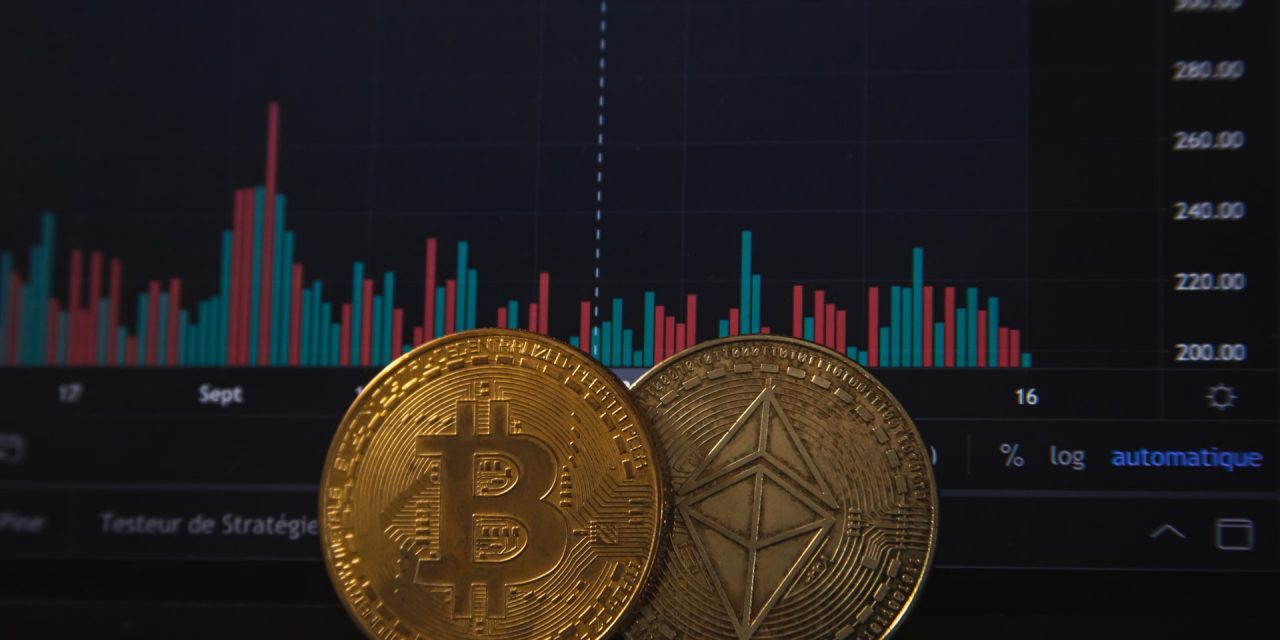Embracing the Future of Secure Transactions
The global smart contracts market has experienced significant growth, and it shows no signs of slowing down. With the increasing demand for secure, transparent, and efficient transactions, the market is expected to surpass a staggering USD 1,077.7 million by 2030. The rapid adoption of blockchain technology, along with the rising need for automation and accuracy in various industries, has paved the way for the expansion of the smart contracts market.
Market Overview: A Comprehensive Analysis
Blockchain Technology: A Cornerstone for Smart Contracts
Blockchain technology, the underlying foundation of smart contracts, has experienced substantial growth in recent years. Its decentralized, secure, and transparent nature has made it an ideal solution for various applications across numerous industries.
Market Segmentation: An In-depth Insight
By Blockchain Platform
The smart contracts market is segmented by blockchain platform into:
- Ethereum
- Bitcoin
- Ripple
- Hyperledger
- Others
Ethereum has remained the most widely used platform for developing and deploying smart contracts, thanks to its advanced capabilities and robust developer community.
By Application
Smart contracts find applications in various sectors, such as:
- Finance
- Real Estate
- Supply Chain Management
- Healthcare
- Government
- Others
The finance sector has been the largest adopter of smart contracts, leveraging their potential to streamline processes, eliminate intermediaries, and reduce costs.
Geographical Analysis: A Global Perspective
The global smart contracts market is segmented into:
- North America
- Europe
- Asia-Pacific
- Latin America
- Middle East and Africa
North America dominates the market, driven by the presence of major technology companies and a strong focus on innovation. Asia-Pacific is expected to witness the highest growth rate due to the rapid adoption of blockchain technology in emerging economies like China and India.
Key Market Drivers: Factors Fueling Growth
Enhanced Security and Transparency
Smart contracts offer a high level of security and transparency, ensuring that transactions are tamper-proof and easily auditable. This has led to an increased demand for smart contracts, particularly in industries where trust and reliability are of utmost importance.
Reduction of Costs and Increased Efficiency
Smart contracts can significantly reduce transaction costs by eliminating the need for intermediaries, such as banks or lawyers. Moreover, they can automate and streamline processes, leading to increased efficiency and reduced human error.
Regulatory Support and Standardization
Increasing regulatory support for the use of blockchain technology and the standardization of smart contracts are key factors contributing to the growth of the market. Governments and regulatory bodies worldwide are recognizing the potential of smart contracts and are working towards creating a conducive environment for their adoption.
Market Challenges: Obstacles to Overcome
Scalability and Performance
As the number of smart contracts increases, scalability and performance become critical concerns. To ensure the continued growth of the smart contracts market, it is essential to develop and implement solutions that can handle a high volume of transactions without compromising speed and security.
Interoperability and Integration
Another challenge facing the smart contracts market is interoperability and integration with existing systems. To maximize the benefits of smart contracts, they must be able to seamlessly communicate with other platforms and systems, which may require the development of new standards and protocols.
Competitive Landscape: Key Players in the Smart Contracts Market
The smart contracts market is characterized by the presence of numerous players, ranging from established technology giants to innovative startups. Some of the prominent players in the market include:
- IBM
- Microsoft
- ConsenSys
- Chainlink
- Monax Industries
- R3
- BlockCAT Technologies
- Symbiont
- Clause, Inc.
- Modum.io AG
These companies are continuously investing in research and development, forging strategic partnerships, and launching innovative products and solutions to strengthen their position in the market.
Future Outlook: The Road Ahead for Smart Contracts
The future of the smart contracts market looks promising, with several trends and advancements expected to drive growth in the coming years. These include:
Integration of Artificial Intelligence (AI)
The integration of artificial intelligence with smart contracts is expected to unlock new possibilities in terms of efficiency, decision-making, and automation. AI-powered smart contracts can analyze large volumes of data, make predictions, and autonomously execute tasks based on predefined conditions.
Cross-Chain Smart Contracts
Cross-chain smart contracts will enable seamless communication and transactions between different blockchain platforms. This will help overcome the current limitations in interoperability and pave the way for a more connected and collaborative blockchain ecosystem.
Widespread Adoption across Industries
As more industries recognize the potential of smart contracts, their adoption is expected to rise across various sectors, including healthcare, real estate, and supply chain management. This will further drive the growth of the smart contracts market and expand its application scope.
In conclusion, the smart contracts market is poised for tremendous growth over the next decade, driven by the rising demand for secure, transparent, and efficient transactions. The market is expected to surpass USD 1,077.7 million by 2030, as innovations such as AI integration, cross-chain compatibility, and widespread adoption across various industries fuel its expansion.





